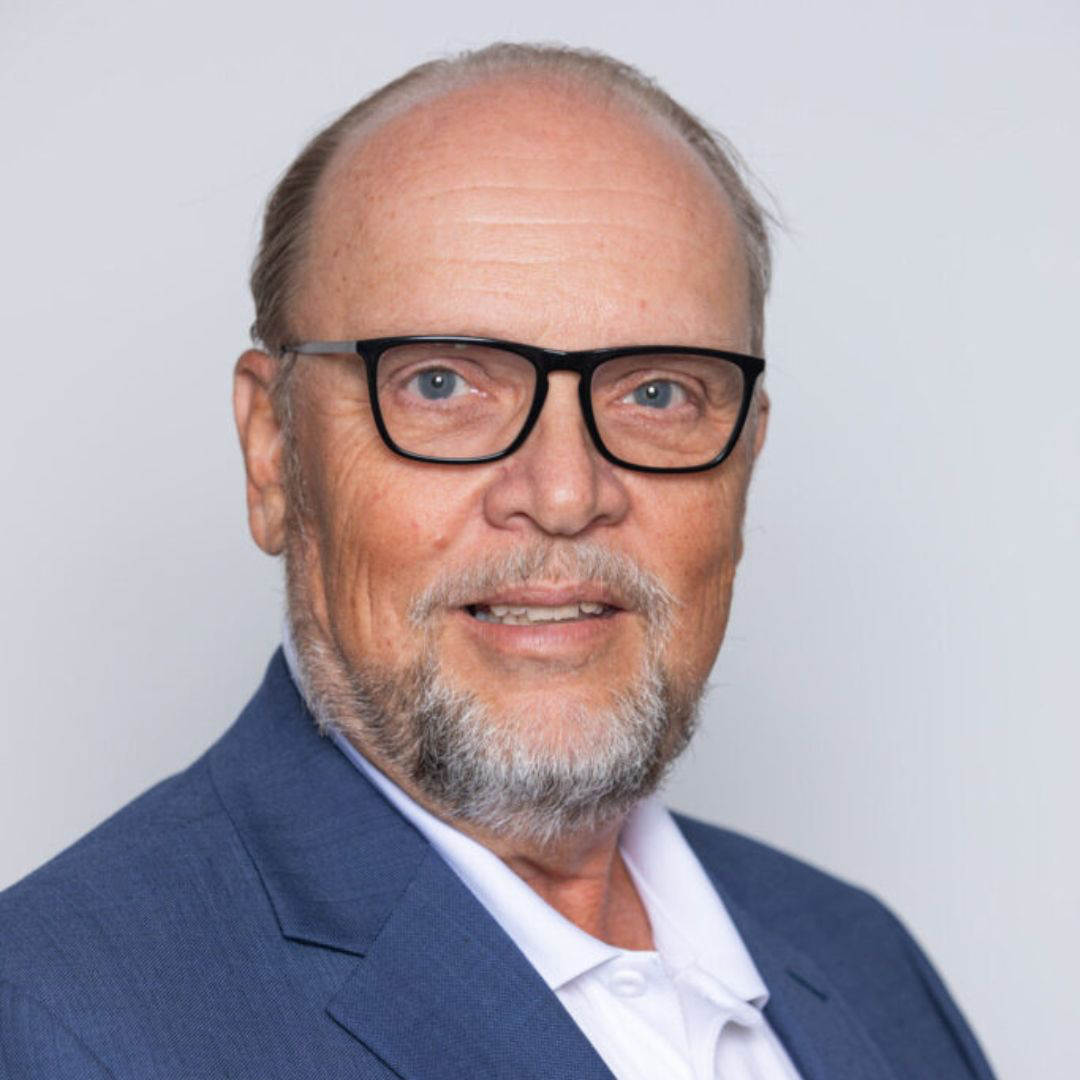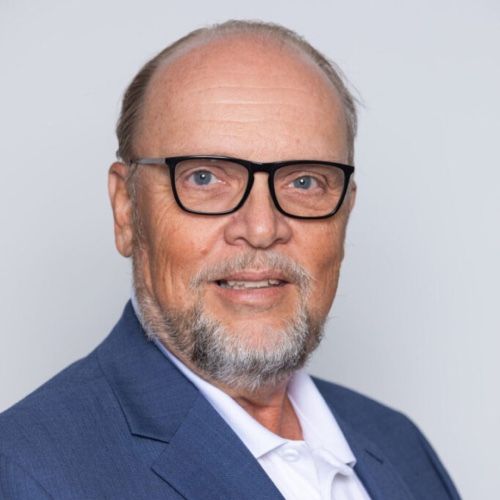Robert Thibodeau
I am a 12 year Army veteran as both enlisted and as a commissioned Cavalry Officer.
I am now a retired law enforcement supervisor...
I had my own business for seven years before I entered law enforcement.
As a cop, I was injured on the job on May 12, 2007 and after several surgeries over a couple of years, forced to retire in 2011.
As I was looking down the road to “what am I going to do next?” I started what is now known as a podcast (I had no clue at the time).
Within six months of starting (what I called) “My online radio program” I was offered an opportunity to be on nationwide AM radio. I learned A LOT in one year of doing that!
I then started the online Christian radio platform "Evangelism Radio" in the fall of 2010. It has had listeners in 160+ nations and all 50 states. We host 50+ Christian broadcasters on a weekly basis. We have been operating 24/7 for almost 14 years now. We have been rated #1 in the world by Shoutcast. com on several occasions in our genre. We recently transferred ownership of Evangelism Radio to another ministry so I could concentrate full time on podcasting, preaching and writing.
In 2018, I started the Kingdom Cross Roads Podcast to conduct interviews with Christian influencers from all walks of life and to play their interviews on the radio station. (The KCR Podcast has its own time slot on Evangelism Radio)!
We now have over 1600 episodes and almost 1100 interviews (in just over 6 years).
Looking out at the future of online Christian media, I noticed there was no viable platforms that catered only to the Christian podcast market.
In 2023, we launched a networking platform called, "FaithCasters" which connects "Great Christian podcasters with Great Christian Guests!" This helps to promote the work you do through podcast interviews! Check it out at https://FaithCaster.org
We recently launched "FaithCaster Academy" which serves as a training hub for ALL of our trainings (podcast training / speaker training / interview training, etc.). Members receive access to ALL of our training programs for one low, monthly membership fee. Members also receive FREE access to ALL of the LIVE trainings I conduct (1 or 2 per month) - while non-members have to pay to access the live trainings.
Between my podcast training program, conducting podcast interviews, appearing on other podcasts as guests, speaking at conferences (in person and virtually) and the podcast networking platform, I guess you could say “I’m all in” when it comes to podcasting and online media!
My total focus is to do all we can to assist you to “Get The Word Out” about your mission, services, products, ministry, books, business, etc.


